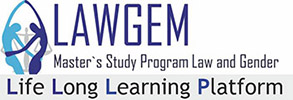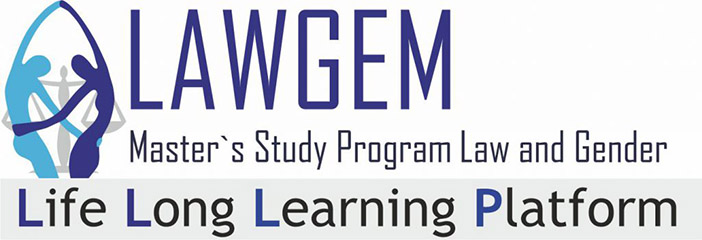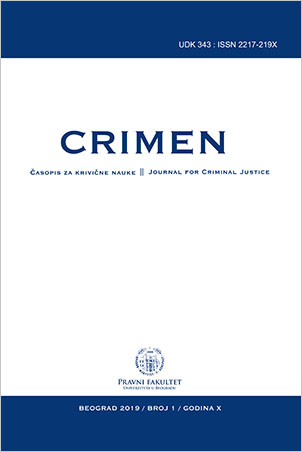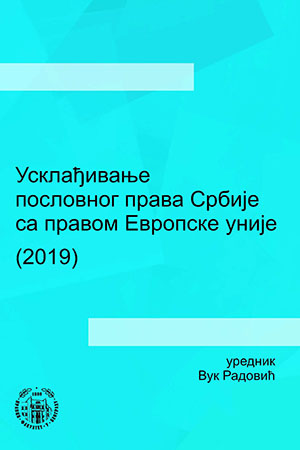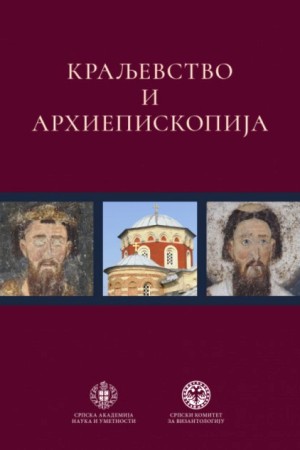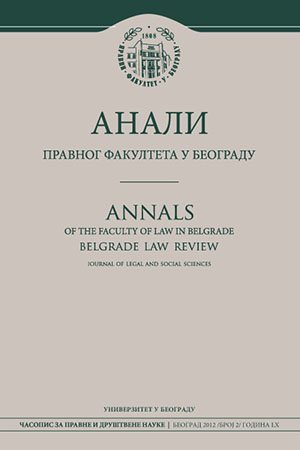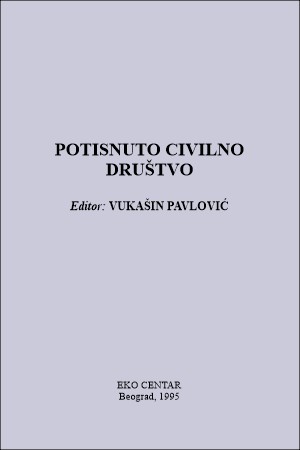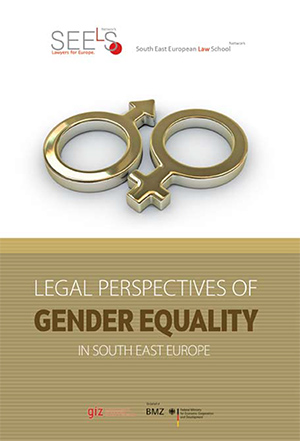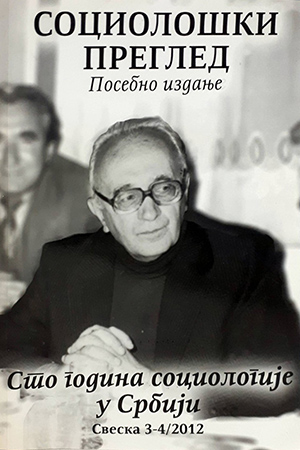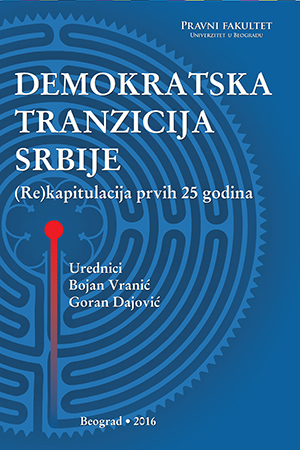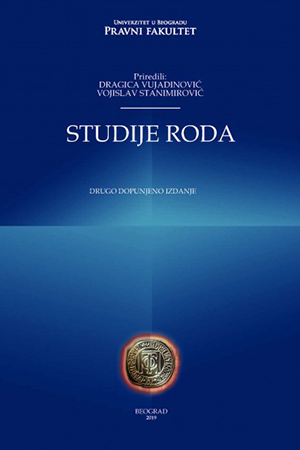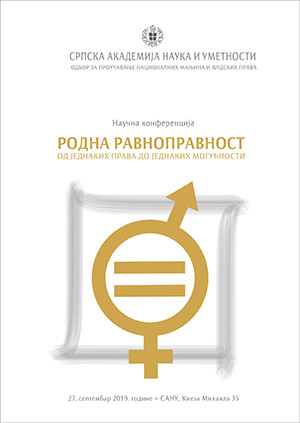Obrazovanje nosi značajne društvene kapacitete za emancipaciju od tradicionalnih rodnih uloga i patrijarhalne matrice od-nosa moći i potčinjavanja, ali može da bude upotrebljeno i za reprodukciju odnosa hijerarhije i podređivanja u rodnom domenu. Međunarodni normativni i strateški dokumenti još od 60-ih godina 20. veka insistiraju na značaju obrazovanja za uspostavljanje rodne ravnopravnosti. Ovim dokumentima se predviđaju dužnosti i obaveze vlada da preduzmu različite aktivnosti u obezbeđivanju obrazovanja koje unapređuje rodnu ravnopravnost. Međutim, realnost obrazovnog procesa još je prilično daleko od proklamovanih ciljeva urodnjavanja svih nivoa obrazovanja. Nakon sažetog predstavljanja međunarodnog i nacionalnog normativnog okvira, u ovom radu se bavimo problemima integrisanja rodne perspektive u naučne i nastavne discipline, i u pojedine nastavne materijale. Glavni deo rada čini predstavljanje ana-liza sadržaja nastavnih materijala, na različitim nivoima obrazovanja u Srbiji.
